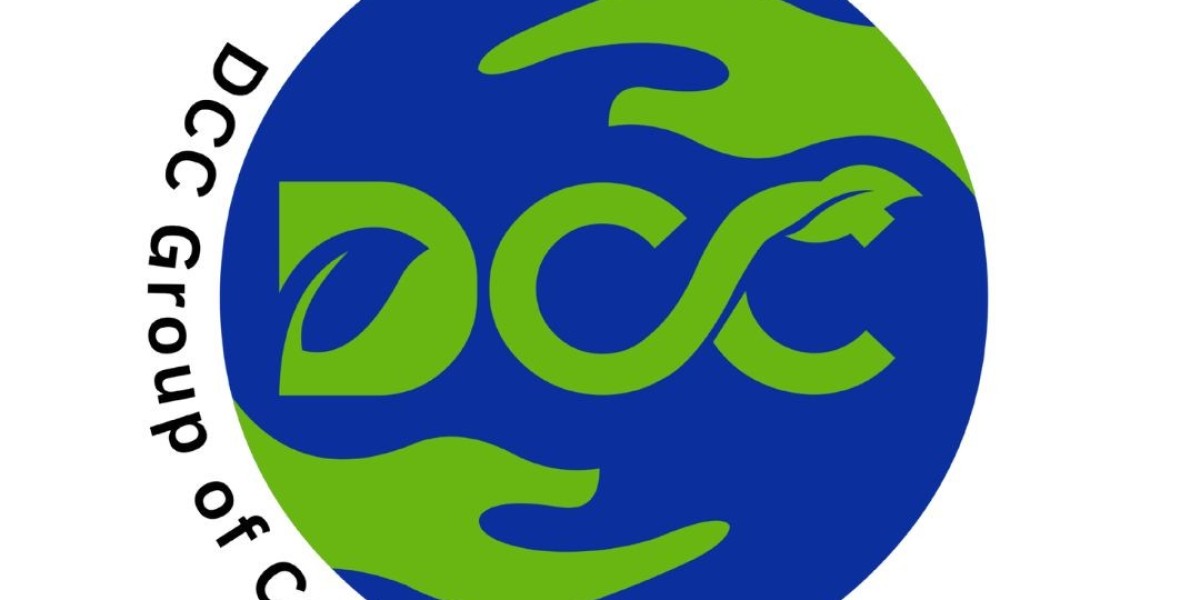India generates over 62 million tons of municipal solid waste (MSW) annually, yet only 30% is recycled, burdening landfills with environmental hazards like methane emissions and groundwater contamination. DCC Group is leading the charge toward zero waste to landfill India through innovative Zero waste Recycling. By leveraging decentralized waste management and advanced material recovery facilities (MRF in waste management), DCC is building a circular economy, aligning with the Swachh Bharat Mission.
The Power of Zero Waste Recycling
Zero waste Recycling aims to eliminate landfill disposal by transforming waste into reusable resources. DCC’s material recovery facilities are central to this mission, sorting recyclables, organics, and refuse-derived fuel (RDF) with 95% accuracy. Processing 10-500 tons daily, these MRFs in waste management use trommel screens, ballistic separators, and magnetic separators to segregate plastics, metals, paper, and organic waste. Plastics are recycled into granules, organics are composted, and non-recyclables fuel waste-to-energy plants, reducing fossil fuel use by 0.54 tons of CO2 per ton of waste.
DCC’s decentralized waste management approach processes fresh waste locally, minimizing transport emissions (0.3 tons of CO2 per ton) and preventing waste degradation. In urban centers like Delhi and Bangalore, their MSW plants divert up to 90% of waste from landfills, as seen in the Ghazipur bio-mining project, which reclaimed 3.05 acres. This aligns with India’s Solid Waste Management Rules, 2016, promoting resource recovery over disposal.
Building a Circular Economy
The circular economy emphasizes keeping materials in use, and DCC’s Zero waste Recycling embodies this principle. Their MRFs in waste management produce clean material streams: plastics for new products, compost for agriculture, and RDF for industrial energy. This reduces reliance on virgin resources, conserves ecosystems, and lowers construction costs by up to 20% through recycled aggregates. By integrating informal waste pickers, DCC fosters inclusive urban development, a key pillar of smart cities.
The environmental impact is significant. Zero waste to landfill India reduces methane emissions (0.5 tons of CO2 equivalent per ton) and prevents groundwater contamination. DCC’s Bangalore projects demonstrate how decentralized waste management enhances urban aesthetics by eliminating open dumpsites, supporting India’s smart city initiatives. Economically, recycling and RDF production create revenue streams, making Zero waste Recycling a sustainable model for municipalities.
Challenges and Future Prospects
Inconsistent source segregation and high setup costs pose challenges, but DCC addresses these with automated sorting and community education. The global waste management market, projected to reach USD 2.1 trillion by 2027, offers opportunities for DCC to integrate AI-driven analytics and blockchain for waste tracking, enhancing efficiency and transparency.
A Sustainable Future with DCC
DCC Group’s Zero waste Recycling through decentralized waste management and material recovery facility is building a circular economy for India’s future. Contact them at info@zerowasterecycler.com or +91-7290049003 to explore how their solutions can drive your city toward zero waste to landfill India, fostering sustainable, cleaner, and greener urban development.












